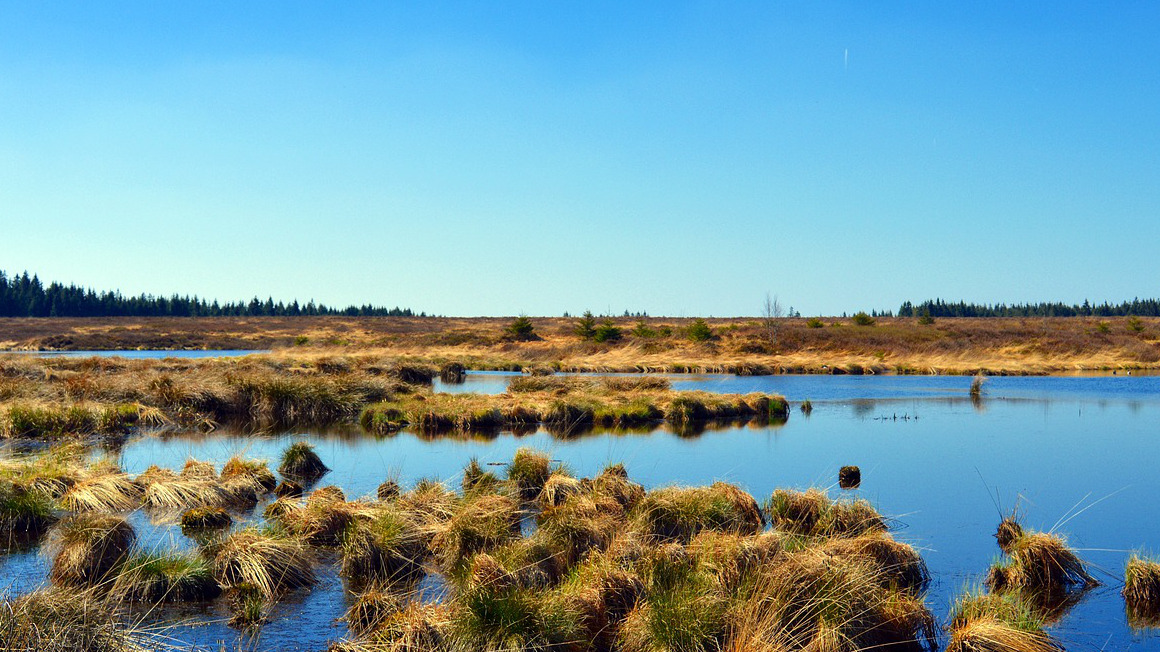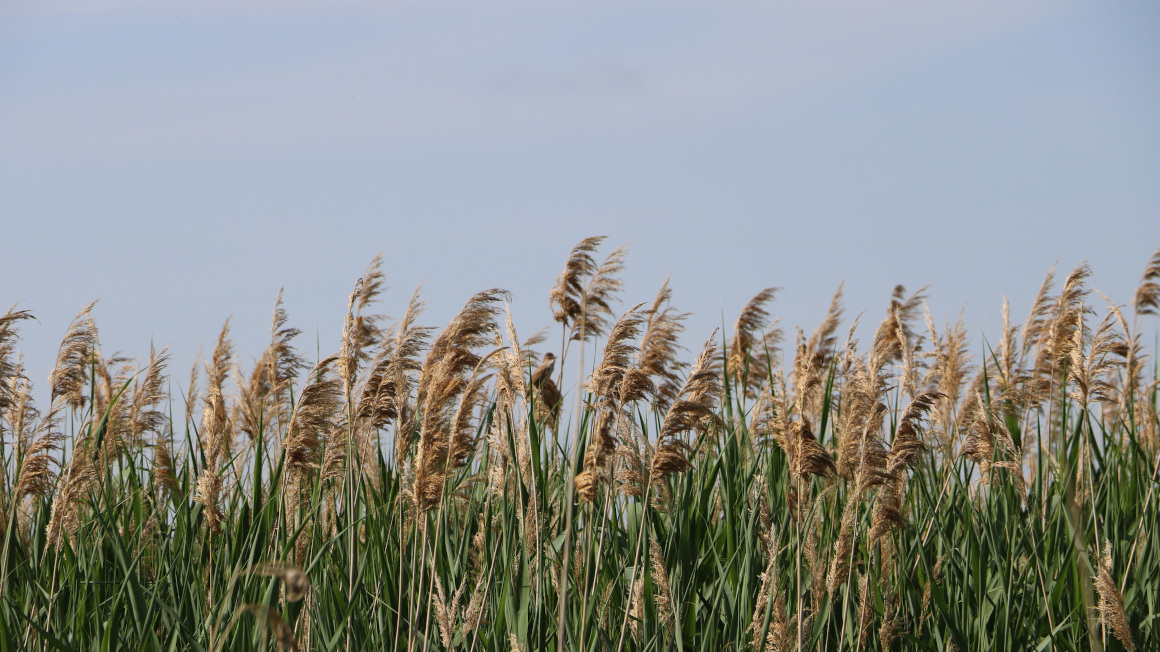Major project launched to restore the moors
In Mecklenburg-Western Pomerania, large areas of moorland are to be rewetted by 2027 and new options for utilising paludiculture tested.

An area of 200 hectares and a potential saving of 3,400 tonnes of CO2: this is the ambitious goal of the MooReturn project, which was launched in the Mecklenburg Lake District in January. This is to be achieved through the large-scale rewetting of moorland, the cultivation of paludiculture and the material and energy utilisation and marketing of the raw materials grown here. The project is being managed by the German Biomass Research Centre (DBFZ) and scientifically supported by the universities of Bonn, Greifswald and Rostock.
Moor revitalisation and paludiculture
In the upper section of the River Peene, moorland areas are to be revitalised through cultivation, water levels optimised and moorland plants such as bulrushes and reeds harvested. In addition, the project partners want to test new possibilities for the pulping and material utilisation of biomass, for example as paper or packaging material, fibreboard and building materials as well as chemical raw materials.
Establishing value chains for products from paludiculture
The findings will then be channelled into the toMOORow project. Here, companies and business partners are involved in establishing value chains for products from paludiculture. The thermal utilisation at the beginning of the MooReturn project would help to develop a material utilisation and enable the companies from the alliance to become more involved themselves, it is said. For example, residual materials are to be sold as by-products, which could be used to produce fertiliser granules.
There are around 1.8 million hectares of moorland in Germany, of which more than 90 % is drained. Of this, 71 % is used for agriculture, 15 % for forestry and 0.9 % for peat extraction. Drained peatlands contribute around 7 % of Germany's greenhouse gas emissions, as the decomposition of the peat soils and the extraction of peat release the greenhouse gases stored in them.
Millions in funding for peatland protection
With MooReturn, the consortium aims to make a significant contribution to the objectives of the National Moorland Protection Strategy and the federal-state agreement on moorland soil protection. A total of nine partners from science, administration and industry are involved in the project. Regional agriculture is also supporting the project. The Federal Ministry of Food and Agriculture (BMEL) is funding the project with a total of 4.3 million euros until 2027.
lh/bb


